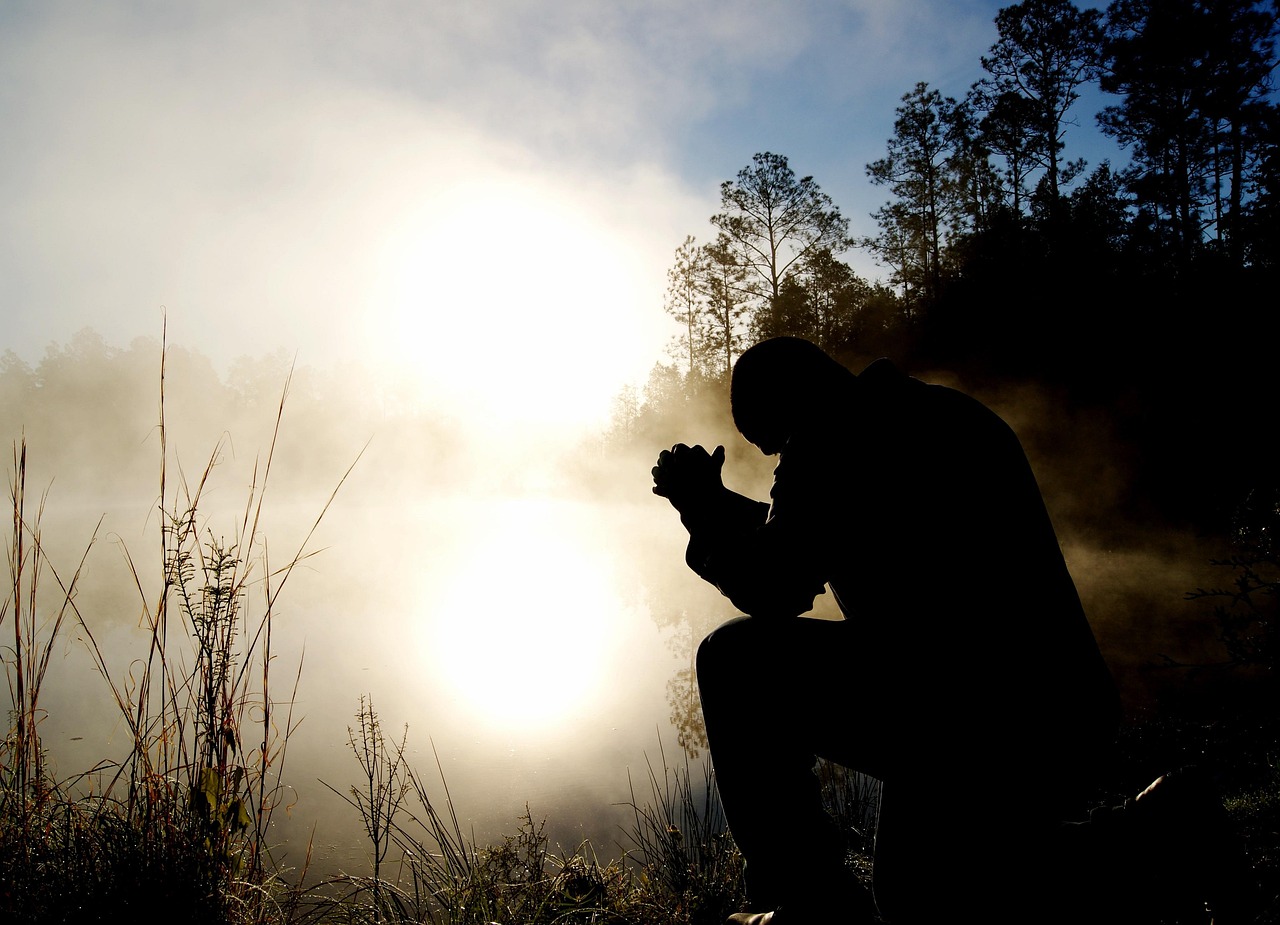


“Blessed are the poor in spirit, for theirs is the kingdom of heaven.” — Matthew 5:3
To be poor in spirit is not about financial poverty or low self-esteem. It’s a spiritual posture—an honest recognition of our deep need for God. The Greek word used for “poor” here, ptōchos, refers to absolute destitution. Jesus is describing someone who knows they bring nothing to the table before God—no merit, no righteousness, no spiritual résumé.
This is the first beatitude for a reason: it is the gateway to all the others. Without this humility, the rest of the Sermon on the Mount becomes unreachable.
Wisdom from the Ages
Sixteen hundred years ago, Augustine of Hippo, reflecting on the words of Jesus, wrote that being poor in spirit is the foundation of Christian virtue. He saw it as the antidote to pride—the root of all sin. For Augustine, humility opens the door to grace.
Leaders of the Protestant Reformation often talked about the importance of spiritual poverty. Martin Luther, for example, emphasized that spiritual poverty is the recognition that we are beggars before God. In his final written words, he famously declared, “We are beggars. This is true.” Luther’s contemporary, John Calvin, described the poor in spirit as those who are “truly humbled and thoroughly emptied of all self-confidence.” Only then, he said, can we be filled with the riches of Christ.
Modern Voices
Tim Keller, pastor and leading evangelical theologian of the 21st century, explained that the beatitudes are not entrance requirements but descriptions of those who have already entered the kingdom. In his sermon series on the Beatitudes, he said being poor in spirit means “a deep sense of spiritual inadequacy and dependence on God.” It’s not about self-loathing, but about seeing ourselves clearly and turning to grace.
In a similar vein, pastor and writer David Jeremiah, in The Jeremiah Study Bible, writes that the poor in spirit are those who “recognize their need for God and rely on Him completely.” He emphasizes that this beatitude is not a condition for salvation but a characteristic of those who live under God’s rule.
Max Lucado, pastor and prolific writer, in The Applause of Heaven, echoes Luther using the vivid metaphor: “Beggars in God’s soup kitchen.” He portrays the poor in spirit as those who come to God with empty hands and open hearts. Lucado’s poetic imagery reminds us that the kingdom belongs not to the self-sufficient but to the spiritually hungry.
Why This Matters Today
In a culture that prizes self-reliance, confidence, and achievement, Jesus’ words are radically countercultural. To be poor in spirit is to resist the temptation to build our identity on success, morality, or even religious performance. It is to say, “I have nothing to offer but my need.” This beatitude invites us to a posture of humble dependence, where we stop striving and start receiving. It’s the first step into the upside-down kingdom where the last are first, the meek inherit the earth, and the poor in spirit possess heaven itself.
If you would like to truly understand what it means to be poor in spirit, presenting your needy self to the all-sufficient God, we encourage you to read our post: How does one become a Christian?
Answers to Life’s Greatest Questions is provided by Living Dialog Ministries. Visit our website at LivingDialog.org where you’ll see the wide range of books and booklets to help you go deeper in the study of God’s Word.